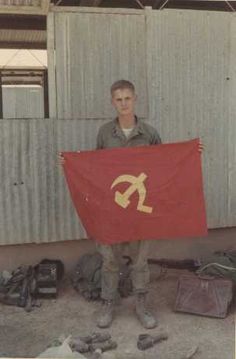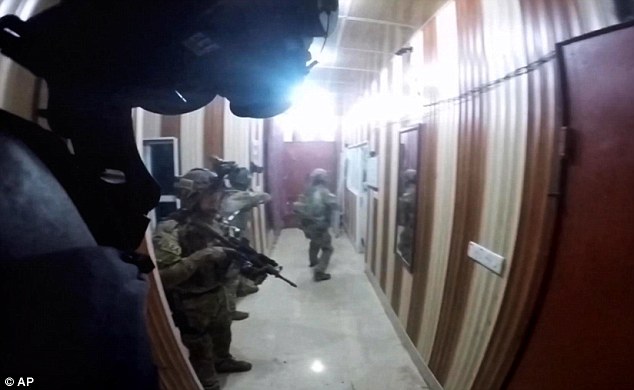In a recent article titled, “Inside the Real US Ground War on ISIS” by Mike Giglio, new details about Delta Force‘s collaboration with Kurdish counter-terrorism units is detailed, including the Hawija prison rescue in which Delta operator Master Sergeant Joshua Wheeler was killed.
The well researched article mentions Wheeler’s bravery under fire and the admiration that the Kurdish commandos had for him as they fought side by side. During the firefight that took place on the Hawija operation, Wheeler was tragically shot and killed by the enemy. Numerous articles have appeared in the press about Wheeler, some quoting former team mates, describing him as man among men, both on and off the battlefield. Growing up in a difficult childhood situation, and later becoming a Ranger and Delta operator, Wheeler epitomized what it means to ‘man up’ in life.
Within the article, there is a brief eyebrow raising statement however. A single sentence reads, “After Wheeler’s death, the commandos held a service before his remains were sent home, draping an ISIS flag they had taken from Hawija on the casket.” After checking with sources and clarifying the translation, the journalist offered a correction stating, “Master Sergeant Joshua Wheeler’s casket at a service in Erbil was draped with a US flag. An ISIS flag was folded and presented to Wheeler’s US colleagues as token of his sacrifice. An earlier version of this story said that an ISIS flag was draped over Wheeler’s casket.” The flag was folded and placed on the casket, but not draped over it. Later, the flag was presented to Delta as a token of Wheeler’s sacrifice.
Having worked alongside Delta operators while in the military and having met and written about Kurdish counter-terrorism forces, I have nothing but admiration for both groups. That is why this particular statement is painful to comprehend. Fallen American soldiers have their caskets draped with the stars and stripes and are honored as heroes upon their remains being returned to the United States.

Why an American’s coffin would be have the flag of an enemy placed on it is difficult to understand. From the tone of the article, it does not sound as if there was any malicious intent behind the action. American troops have an unofficial tradition of displaying captured enemy flags for photographs. Often, the flag of the enemy is held upside down, turning it into a mocking display.
In correspondence with Mike Giglio, he confirmed that four of his sources inside the Erbil-based Kurdish counter-terrorism unit he identifies as CTU (most likely Kurdish STG to be specific) were present for the event he described. In fairness, four first hand sources makes for strong information. Without being present, I cannot say that the events he describes did or did not take place. What I can say is that placing a enemy flag an American’s casket is highly irregular and would be considered dishonorable in US military tradition.
Perhaps, this is much ado about nothing, but it raises some curious questions if nothing else.
Already have an account? Sign In
Two ways to continue to read this article.
Subscribe
$1.99
every 4 weeks
- Unlimited access to all articles
- Support independent journalism
- Ad-free reading experience
Subscribe Now
Recurring Monthly. Cancel Anytime.












COMMENTS